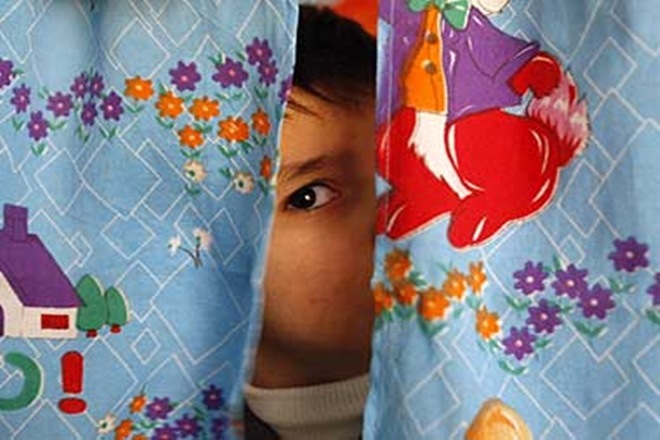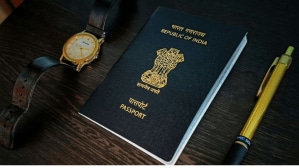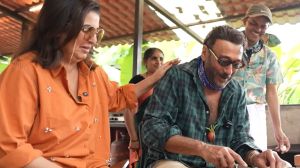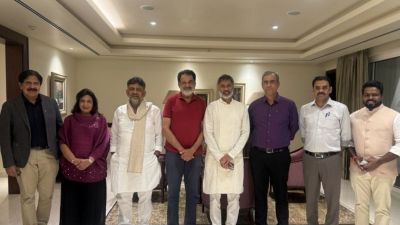World Autism Awareness Day 2019: On the night of 2 April, don’t be startled to see the world up blue because the international community joins in every year this day to celebrate the World Autism Awareness Day by lighting up hundreds of thousands of landmarks, buildings, homes and communities around the world, with blue lights.
The United Nations marked the day as a global event in 2008 to speak out against discrimination faced by autism patients, celebrate the diversity of the global community and strengthen the commitment to the full inclusion and participation of people with autism. And when it comes to mental illness, a world of a difference can be made by spreading compassion and awareness to ensure early medical intervention and the right support to such individuals.
However, there are still major barriers to the use of assistive technologies, including high costs, lack of availability, lack of awareness of their potential, and a lack of training in their use. Available data indicate that in several developing countries more than 50 percent of people with disabilities who need assistive devices are not able to receive them. The stigmatization and discrimination associated with neurological differences remain substantial obstacles to diagnosis and therapy.
Autism spectrum disorder or autism refers to a range of conditions characterized by challenges with social skills, speech, nonverbal communication, and repetitive behaviors as well as by differences and unique strengths. However, it is caused by a combination of environmental and genetic factors. There is no cure for it, but therapy and behavioral guidance can substantially improve quality of life.
UN TWEET:
People with autism have the equal right to make their own decisions & choices like everybody else. Get the facts on Tuesday’s #WorldAutismAwarenessDay: https://t.co/fbSCMOh5XY pic.twitter.com/OlJ7AbgKdB
— United Nations (@UN) April 1, 2019
Also Read: Excess body weight may up pancreatic cancer risk
Once autism is diagnosed, multi-factorial approach with behavioral interventions, sensory stimulation, speech therapy, occupational therapy, which focus on the development of social skills, language, communication, and daily skills, are needed to deal with the disorder.
In all regions of the world, the rate of autism is high and the lack of understanding has a tremendous impact on the individuals, their communities and families.
Very few parents were aware of autism, a decade ago. With the onset of globalization and in the digital era, more people are familiar with autism now than ever. Doctors, NGOs, governments, and parents came together to spread increased awareness about autism.
It is not adequately comprehended in rural India yet; it is time to educate especially parents and children with the age-old traditions, superstition, and blind faith. Autistic children are targets of bullying, more likely to be victimized, and society shuns people with autism. Indeed, the challenge now is — acceptance, empathy, inclusion, open-handed and understanding of autistic’s struggles and triumphs.









